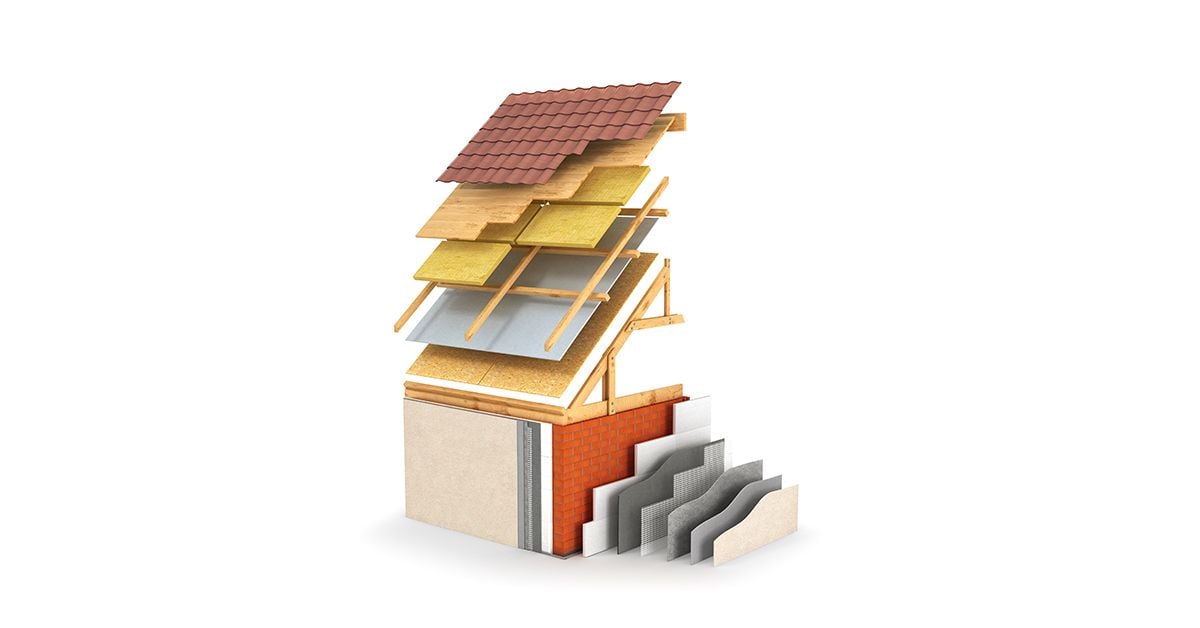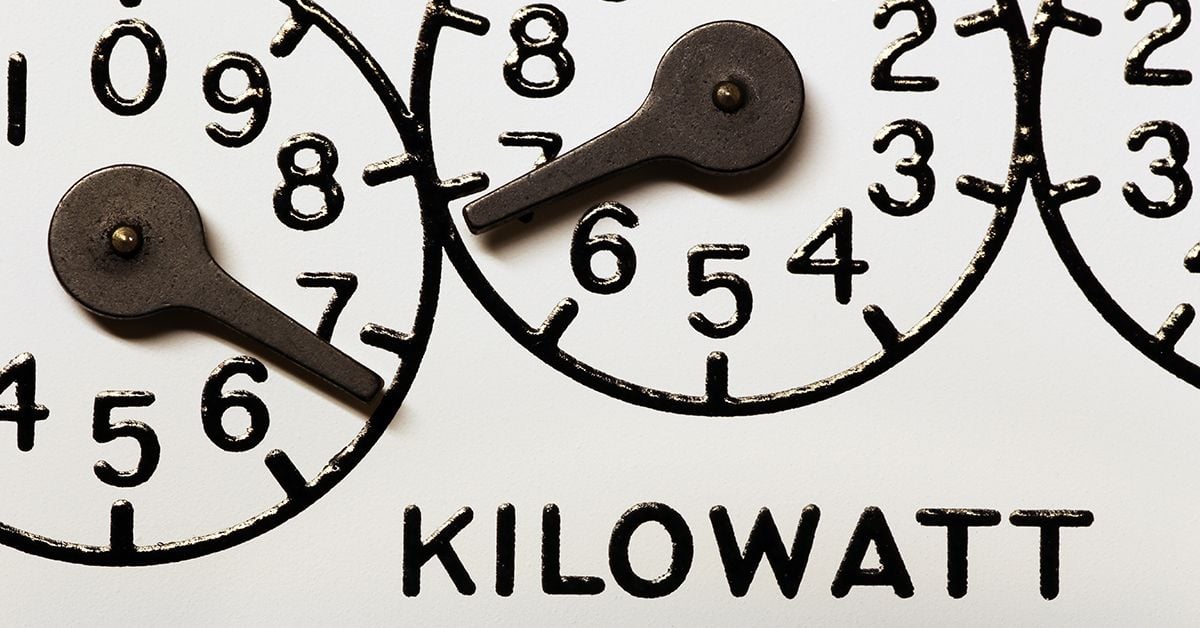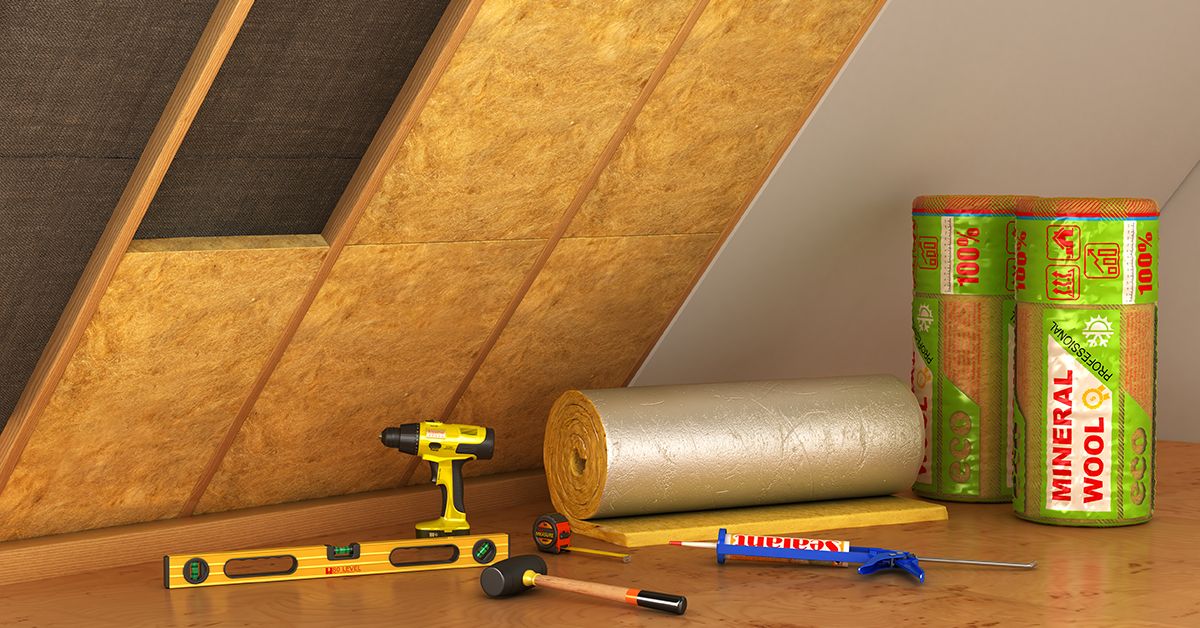
When Do You Need to Replace Your Denver Home Insulation?
As long as you use the right materials and have them installed the right way, today’s home insulation should be a “set it and forget it” proposition for most homeowners.
But insulation doesn’t last forever, and if yours is old, damaged, or was improperly installed, it might be time to replace it.
In today’s article, we are going to explain:
- Why home insulation matters,
- How long the different types of home insulation last
- The factors that can compromise insulation’s durability
- The signs that your home insulation needs to be replaced
- And much more.
The Importance of Having Effective Home Insulation in Colorado
People tend to associate home insulation with cold winter weather, which is something we’re no strangers to here in Colorado. But the truth is that your insulation is making a difference in your home every single day of the year.
Home insulation, when properly installed, keeps warm air inside during the winter and outside during the summer. Warm air is always trying to move toward cooler temperatures; home insulation stops that exchange in its tracks. You need good, durable insulation to seal off air leaks and any other “escape routes.”
The more well-insulated your home is, the more effectively you can control the temperatures inside year-round, and the lower your monthly energy bill will be.
As an added bonus, the right kind of home insulation will help you keep bugs, rodents, and other pests at bay — and prevents the buildup of damaging moisture too.
How Long Does Home Insulation Last?
Today’s home insulation is designed to last a very long time. But if you live in an older home (built more than ten years ago) — or if the insulation has been damaged or was never properly installed in the first place — you might need new insulation sooner than you think.
Here’s a guideline to how long home insulation lasts when installed effectively using modern materials:
- Spray foam — 80 years or longer
- Fiberglass — 80 to 100 years, though insulation can start falling from fiberglass batts after 15 to 20 years
- Cellulose — While the insulation itself can last up to 80 years or even longer, degradation can begin as early as 15 years after insulation
- Mineral wool insulation — 80 to 100 years or longer
Signs That Your Home Insulation Needs to Be Replaced
If you’re asking, “How long does home insulation last?” there’s a good chance you already suspect that there’s a problem. You might have an intuitive hunch that aging or damaged insulation is to blame. Here are a few ways to know for sure:
- You have a hard time maintaining an even temperature in your house — it always seems to be either too hot or too cold.
- Your energy bill seems to be higher than it used to be (or ought to be).
- You notice a pesky draft in certain parts of the house (which may be due to inadequate insulation in the attic or crawlspaces… or air leaks in the room).
- You’re dealing with moisture problems in the home (e.g. condensation, water leaks, etc.)
- Pests or rodents are getting into your attic or other parts of the home.
- You or your family members are dealing with allergies or recurrent illnesses (often a sign of mold, allergens, or bacteria growing in old or water-damaged insulation).
- The insulation shows signs of age, wear, or damage (insulation that appears to be shifting, thinning, degrading, falling down, or visibly wet).
How long does home insulation last? Bottom line: if your insulation was installed by a trusted professional within the last ten years, it’s likely you have many decades left before you need to worry about replacing it (perhaps even a whole lifetime). But if your insulation was installed more than ten years ago, it is likely the insulation does not conform to current standards and is experiencing degradation and needs to be replaced.
Schedule a Colorado Home Energy Audit in Denver or Fort Collins
REenergizeCO is a Denver-based home energy company that helps homeowners and businesses diagnose their energy efficiency problems and then correct them cost-effectively.
A great first step is to schedule a home energy audit with our team of local Colorado home energy experts. We’ll come out to evaluate your home’s insulation — including in the attic and crawlspaces — and look for any costly air leaks, offering suggestions about how to correct them affordably.
Whether it’s ripping out old insulation and installing new materials, merely adding new insulation over the old insulation, or simply sealing up air leaks, our professional installation team can recommend the right solution and then proceed with installation when it’s convenient for you.
To get started, simply contact our office and schedule a Colorado home energy audit in Denver or Fort Collins today.
"*" indicates required fields


